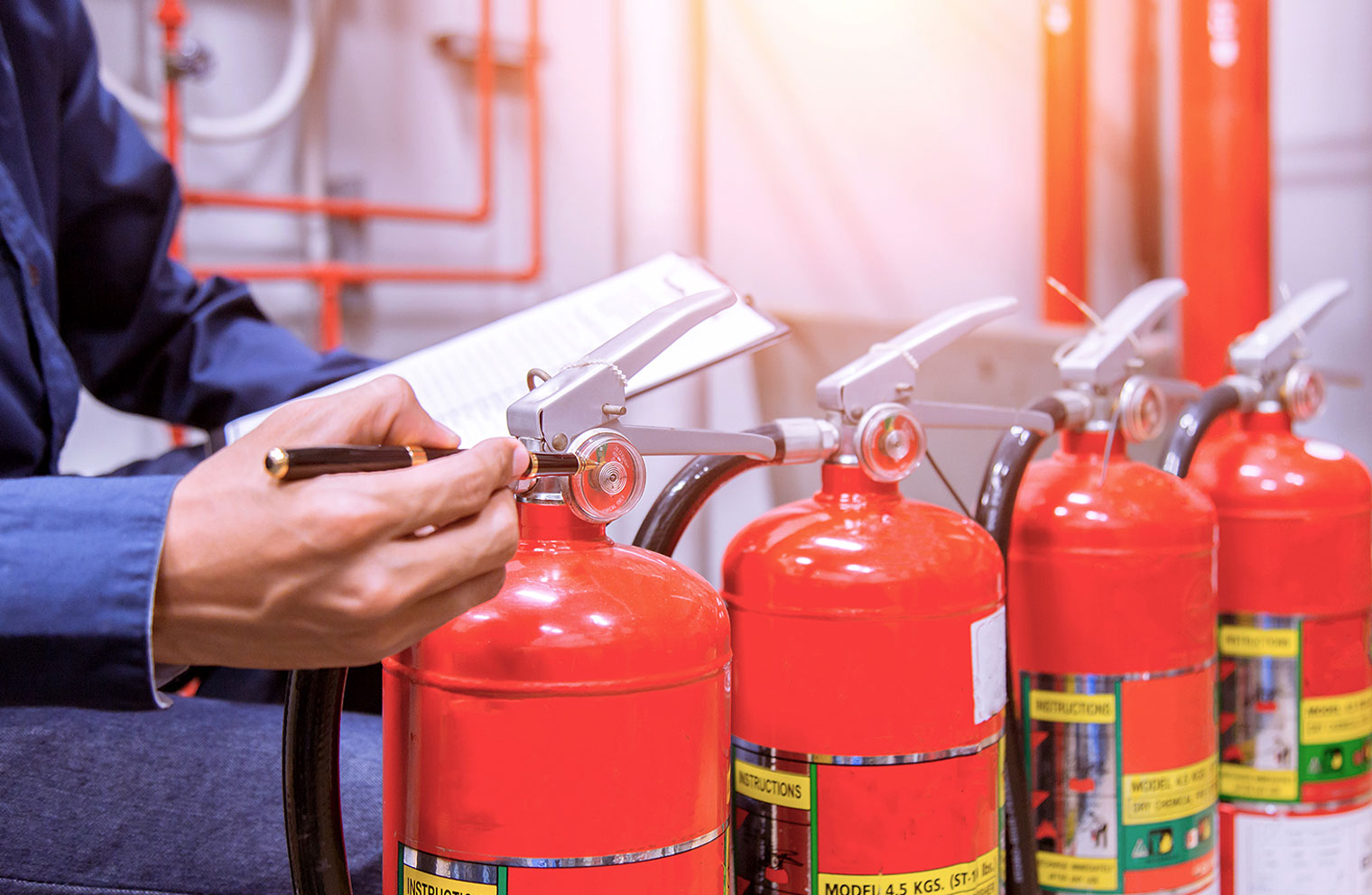Facility Maintenance Checklist – Use a Preventive Schedule to Help Avoid Costly Issues


If a fire breaks out in the church kitchen, the last thing you want to discover is that the fire extinguisher is expired and won’t work. Or, if a pipe bursts when the first winter storm hits, it’s painful to realize that a routine inspection and quick repair would have kept things safe and dry.
Using a facility maintenance checklist can help you avoid costly repairs.
The following schedule provides a general guideline for maintenance and inspection frequencies for equipment often found in church facilities and is for informational purposes only. Please follow the manufacturer’s recommendations for the maintenance and upkeep of your church’s property.
| MAINTENANCE/INSPECTION | FREQUENCY |
|---|---|
| Review building codes and safety regulations | Annually |
| Fire code inspection | Annually |
| Fire alarm system | NFPA 72 recommended testing intervals or AHJ (Authorities Having Jurisdiction) recommendations |
| Fire extinguishers | Inspect monthly Maintain annually |
| Kitchen ranges, ovens and vent hoods | Semi-annually (NFPA 17A recommendations) |
| Heating, ventilation and air conditioning (HVAC) system inspection and change filters | Quarterly |
| Boiler | Annually or bi-annually, depending on the type of system |
| Water heaters — inspect, drain and de-scale | Annually |
| Pipes | Annually, before winter months |
| Protect exposed pipes with insulation sleeves or wrapping | Before winter months |
| Storm drains | Semi-annually |
| Lawn sprinklers | Weekly |
| Inspect roof, flashings, caulking and sealants for leaks or cracks | Semi-annually |
| Exterior condition of building | Quarterly |
| Rain gutters | Quarterly |
| Wiring | Every two years for new installations Annually for installations more than five years old |
| Monitor property for general repairs: -Windows and doors: weather stripping, thresholds, hinges, door closers and locks. -Balcony and stairwells: loose fastenings. -Sidewalks and parking lot: cracks and potholes. |
Weekly |
| Sound and projection systems review and maintenance | Monthly |
| Office computers | System recommendations |
| Instrument tuning and repair | Semi-annually or contract recommendations |
Keeping detailed records of equipment and service is essential. It prevents information gaps when there is staff turnover — the employee who takes over maintenance won’t have to guess what’s been done. It could also potentially validate a warranty when you can prove you’ve performed the manufacturer’s recommendations.
The age and type of your equipment are important to consider as you perform routine maintenance. An oven purchased 15 years ago will likely have more issues than a new model bought last year. To help keep track of these critical factors, keep an equipment log with the following information:
Take detailed notes as you work through the facilities preventive maintenance checklist. This can help ensure that everything gets reviewed and may help identify problematic patterns (if the water heater has been repaired five times over the last two years, it may be time for a new one). Record notes in a service log:
Your ministry’s property is a place for fellowship and worship. At GuideStone®, we come alongside you to help protect your cherished meeting space with property and casualty insurance. For more information, contact us at InsuranceSolutions@GuideStone.org or (214) 720-2868, Monday through Thursday, from 7 a.m. to 4:30 p.m. CT and Friday, from 7 a.m. to 4 p.m. CT.
This article is for informational purposes only. It is not intended to be construed as legal advice. Readers should use this article as a tool, along with best judgment and any terms or conditions that apply, to determine appropriate policies and procedures for your church’s risk management program.